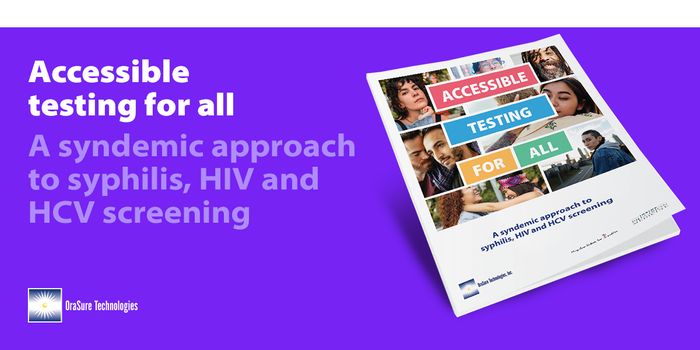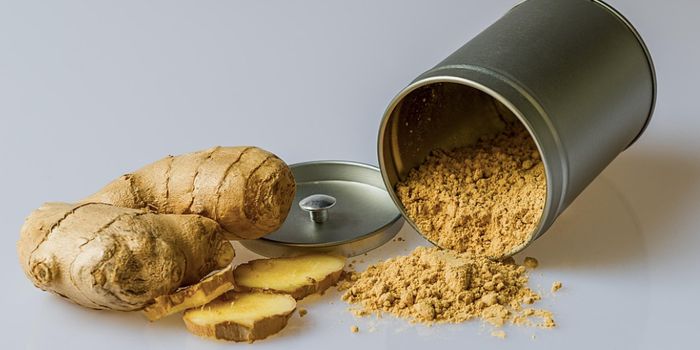Saliva Test can Measure THC Levels in Impaired Drivers
Now that cannabis products are legal in many states across the U.S., law officials need a quick and reliable way to test potentially impaired drivers. As shown in the video below, researchers from the University of Texas at Dallas created sensor strips and an electronic reader to measure THC levels in saliva.
The study, which was published last September in the Springer Nature journal Scientific Reports, states that marijuana is one of the most commonly detected drugs in random roadside screenings. Additionally, the study reports that smoking within two hours of driving and elevated blood THC concentrations are strongly associated with higher crash and culpability risks.
According to the American Chemical Society (ACS), blood tests to measure THC levels are accurate but time-consuming and invasive. Additionally, many law enforcement officers are not adequately trained to conduct this type of analysis at roadside stops. ACS states that THC levels in saliva correlate closely with that in blood. So, a sensor strip that could quickly and accurately measure THC levels is beneficial to public safety.
In an article from the ACS, lead-author Shalini Prasad, Ph.D. said, “People have the perception that driving after smoking marijuana is safer than driving drunk, but both substances can have similar effects, such as slowed reaction times, diminished alertness, and reduced self-awareness.” She also states the blood level of tetrahydrocannabinol (THC) that constitutes impairment has not been established as it is an emerging field. However, she says that “preliminary clinical reports suggest that anywhere above 1 to 15 nanograms of THC per milliliter of blood is considered a level of impairment.”
The study used saliva samples spiked with THC since cannabis products are not yet legal in Texas. Through preliminary field tests, the researchers have shown that saliva can be obtained from volunteers through a cheek swab. The results of the study show that the sensor produces the measurement of THC within 1 minute “with high specificity and sensitivity,” both of which are important for law enforcement officers administering the tests.
According to the ACS article, Prasad believes that the test is applicable outside of law enforcement as well. She suggests the medical marijuana community and companies that develop products to help manage consumption. She also says that the data from the device is of interest to lawmakers and regulatory groups to create effective laws.
Sources: American Chemical Society, Nature Scientific Reports










